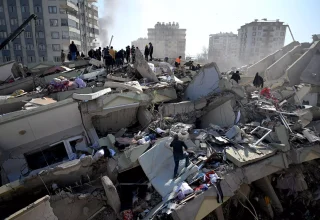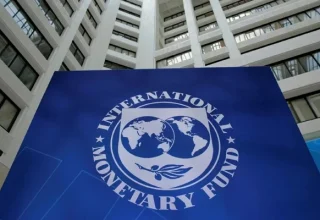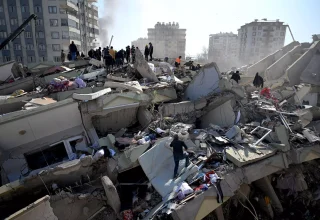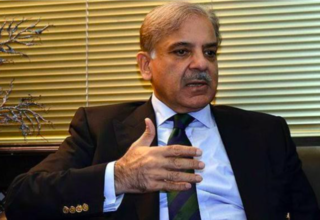Saudi Arabia will help and support Pakistan’s finances as it looks to help shore up alliances with countries struggling due to soaring inflation, Bloomberg reported Thursday.
The comments came by Saudi Arabia Finance Minister Mohammed Al Jadaan during a press conference in Riyadh. He said that the Saudi government will “continue to support Pakistan as much as we can.”
The KSA has taken several steps to provide financia support to Pakistan in a bid to bolster its relationships as the cash-strapped nation desperately seeks support from international partners.
The finance minister also shared that Riyadh was also looking to invest more in Egypt and is planning to start striking deals in Turkey.
“Our relationship with Turkey is improving greatly, and we hope to have investment opportunities,” he said.
“We have started investing aggressively in Egypt and we will continue to look at investment opportunities and that is more important than deposits. Deposits can be pulled but investments stay.”
$3 billion deposit
Earlier this month, Saudi Arabia extended the term of a $3 billion deposit to boost foreign currency reserves and help Pakistan in overcoming the economic repercussions of the cataclysmic floods.
The State Bank of Pakistan in its statement said that the “Saudi Fund for Development (SFD) extended the term for the deposit provided by the Kingdom of Saudi Arabia in the amount of $3 billion to the State Bank of Pakistan”.
The SBP further said that the deposit term’s extension was a “continuation of the support provided” by Riyadh to Pakistan to support foreign currency reserves and help the country in “facing the economic repercussions of the COVID-19 pandemic”.
The deposit has also contributed to Pakistan’s aim of meeting “external sector challenges and achieving sustainable economic growth”.
In September of this year, the Saudi Fund for Development (SFD) confirmed the rollover of the deposit for a year. It was expected to mature on December 5.
Decline in reserves
Pakistan is in dire need of funds as the country’s foreign exchange reserves held by the central bank fell $784 million to $6.7 billion as of December 2.
The decline means the reserves have fallen further from November’s barely one month of import cover, even as it battles decades of high inflation and scrambles to secure International Monetary Fund (IMF) funds.
The country’s foreign exchange reserves have fallen below the $7 billion level for the first time since January 2019. The current reserves stand at around $6.7 billion — almost equal to $6.6 billion on January 18, 2019.

































